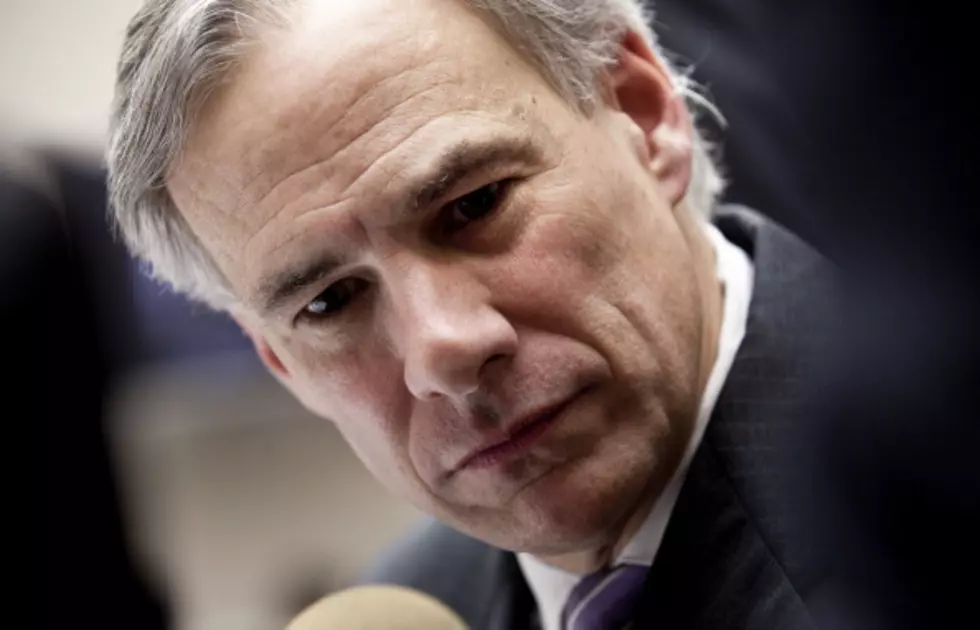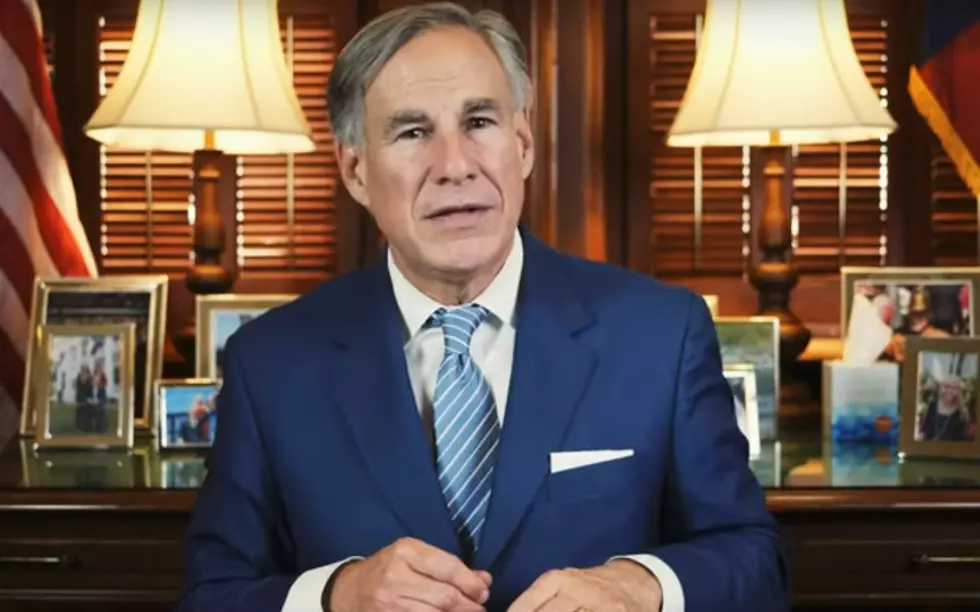
Greg Abbott Says Texas Marriage Laws Reduce Out-of-Wedlock Births
In a brief filed in the Fifth Circuit Court of Appeals, Texas Attorney General Greg Abbott urged for the Texas ban on same-sex marriage to remain as legalizing it wouldn't benefit opposite-sex marriages.
In the brief filed on Friday, Abbott upheld his previous position that same-sex marriage doesn't encourage heterosexual couples to get married and have children in wedlock,
First, Texas’s marriage laws are rationally related to the State’s interest in encouraging couples to produce new offspring, which are needed to ensure economic growth and the survival of the human race.
Second, Texas’s marriage laws are rationally related to the State’s interest in reducing unplanned out-of-wedlock births. By channeling procreative heterosexual intercourse into marriage, Texas’s marriage laws reduce unplanned out-of-wedlock births and the costs that those births impose on society. Recognizing same-sex marriage does not advance this interest because same-sex unions do not result in pregnancy.
The state's ban on same-sex marriage was ruled unconstitutional in February by District Judge Orlando Garcia in San Antonio, citing the ban as violating the 14th Amendment of equal protection rights. Opponents of the ban have cited previous legal cases such as overturning bans on sodomy and interracial marriage, parallels that Abbott says cannot be made to the same-sex marriage debate.
Several months ago, over 60 Republican lawmakers signed a brief in support of the ban, stating that legalizing gay marriage would in turn lead to the legalization of pedophilia, polygamy, and incest. In contrast, attorney generals from states with legalized gay marriage filed an amicus brief last month, writing that their states have only seen positive effects from the legalization of gay marriage. But while Abbott has admitted to the potential benefits of same-sex marriage, such as increasing household wealth and adoptions, he also states that the Legislature, not the courts, should decide on expanding the right to marry.
In his brief, Abbott also stated that the burden of proof is not on the State to show that gay marriage would be damaging to the economy and social-stability of Texas,
The State is not required to show that recognizing same-sex marriage will undermine heterosexual marriage. It is enough if one could rationally speculate that opposite-sex marriages will advance some state interest to a greater extent than same-sex marriages will.
The appeals case was filed in the Fifth Circuit Court of Appeals in New Orleans, hearing cases for Louisiana, Mississippi, and Texas. As the Fifth Circuit Court is known to be one of the two most conservative federal appeals courts in America, it is believed they will uphold the ban on same-sex marriage, with the issue then going on to the Supreme Court.
More From Newstalk 1290









